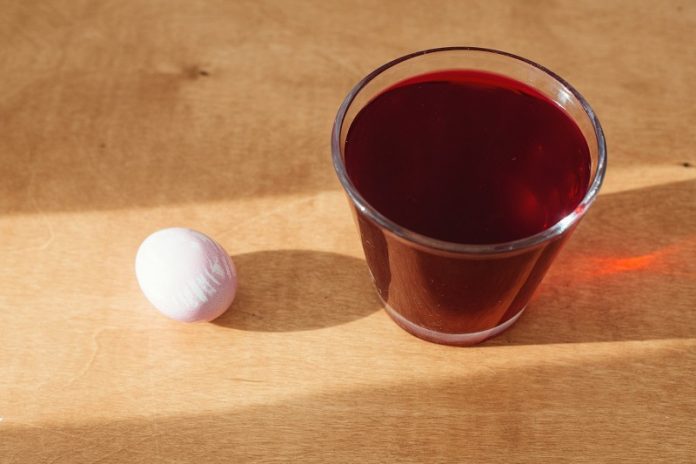
Drinking beetroot juice could help lower blood pressure in older adults by changing the bacteria in their mouths, according to a new study from the University of Exeter.
This research is the largest of its kind and shows how diet may play an important role in heart health through its effects on the oral microbiome—the community of bacteria living in the mouth.
In the study, published in Free Radical Biology and Medicine, scientists looked at how beetroot juice, which is rich in natural nitrates, affected two groups of healthy people: 36 older adults in their 60s and 70s, and 39 younger adults under 30.
Nitrates are commonly found in vegetables and are known to help lower blood pressure by increasing the body’s levels of nitric oxide, a molecule that helps blood vessels relax and widen.
Over two weeks, participants drank concentrated beetroot juice shots twice a day. Then they took a break (“washout” period), followed by two more weeks drinking a placebo juice with the nitrates removed.
The researchers used gene sequencing techniques to examine how the bacteria in their mouths changed during the study.
They found that in both younger and older groups, beetroot juice changed the balance of oral bacteria. However, the changes were more noticeable in the older adults.
After drinking the nitrate-rich juice, the older participants had a drop in bacteria called Prevotella, which may be harmful when present in high amounts, and an increase in beneficial bacteria like Neisseria. These changes were linked to a drop in blood pressure—an effect not seen in the younger group.
The researchers believe that this could be because older adults naturally produce less nitric oxide as they age and often have higher blood pressure to begin with.
The changes in mouth bacteria may help convert more dietary nitrate into nitric oxide, supporting healthier blood pressure levels.
Professor Anni Vanhatalo, one of the lead authors, said this study adds to the evidence that eating nitrate-rich vegetables can benefit heart health, especially in older adults. While beetroot is a good source of nitrates, other vegetables like spinach, rocket (arugula), fennel, celery, and kale are also excellent options.
The study was supported by the National Institute for Health and Care Research (NIHR) and the Biotechnology and Biological Sciences Research Council (BBSRC), highlighting the growing interest in how diet, gut and oral bacteria, and aging are all connected.
Professor Andy Jones, another study author, said that these findings open the door to more research on how lifestyle choices like diet can improve health in older adults.
If you care about nutrition, please read studies about the best time to take vitamins to prevent heart disease, and vitamin D supplements strongly reduce cancer death.
For more information about nutrition, please see recent studies about plant nutrient that could help reduce high blood pressure, and these antioxidants could help reduce dementia risk.



